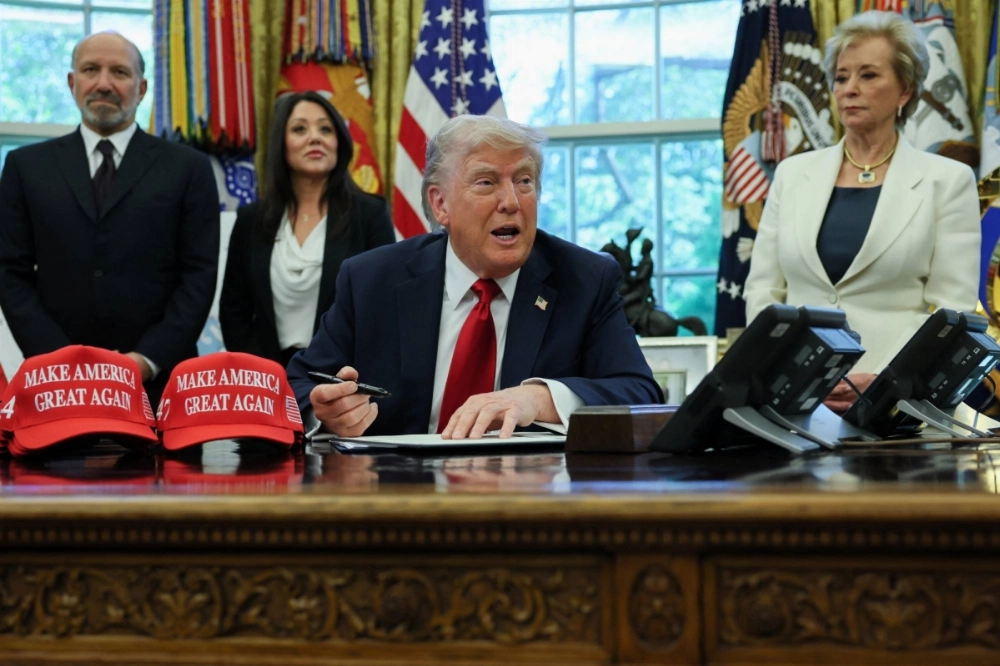Since U.S. President Donald Trump took office for the second time, his administration has leaned heavily on executive orders and tariffs to make good on campaign promises. But the speed and style of these actions — often announced without warning and reversed just as quickly — have created uncertainty for allies and trading partners alike.
The centerpiece of Trump’s trade policy so far is a sweeping “reciprocal tariff” framework, pitched as a way to punish countries with trade surpluses with the United States. Introduced with fanfare in an April 2 speech, the policy was paused within a week, underscoring a pattern of impulsive policymaking that risks undercutting its own objectives.
Amid this volatility, countries such as Japan are struggling to navigate an economic policy that is, by virtue of the circumstances, more political than strategic — one driven less by long-term goals than by Trump’s desire for quick wins ahead of the 2026 U.S. midterm elections.

















With your current subscription plan you can comment on stories. However, before writing your first comment, please create a display name in the Profile section of your subscriber account page.